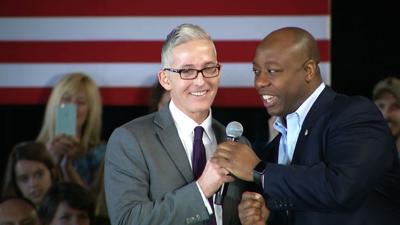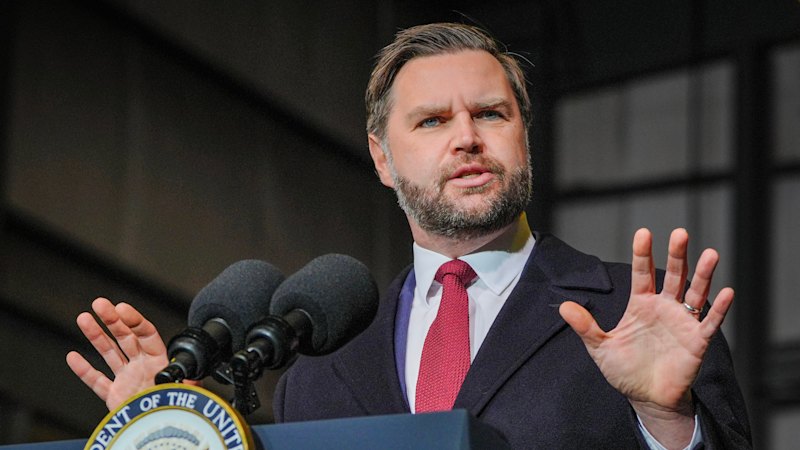
U.S. Senator Tim Scott (R-S.C.) has publicly commended President Donald Trump for his recent strategic strike on Iran’s nuclear program. Speaking alongside former Congressman Trey Gowdy, Scott emphasized the President’s authority and decision-making in what he described as a critical move to safeguard American lives and interests.
“The President has all the authority he needs,” Scott stated, expressing gratitude for what he termed a “flawless decision” by Trump. “What President Trump just did was save American lives, protect American interests, and stand with America’s friends and allies in the region,” he added, underscoring the constitutional backing for the President’s actions.
Presidential Authority and Bipartisan Support
The strike, which has drawn mixed reactions domestically and internationally, highlights the ongoing tension between the U.S. and Iran over nuclear capabilities. Scott’s remarks aim to rally bipartisan support, urging Americans to view the action as a national rather than partisan issue. “Let’s not make this a Republican or Democrat issue. This is an American issue,” he declared.
Scott’s comments come amid criticism from Senate Democrats, who have condemned the strike as an escalation of conflict. However, Scott argues that the move was necessary for national security and reflects a commitment to protecting American interests abroad.
Context and Historical Parallels
The decision to strike Iran’s nuclear facilities is reminiscent of past U.S. military interventions aimed at curbing nuclear proliferation. Historically, such actions have been fraught with controversy, balancing the immediate threat with long-term geopolitical consequences. The strike on Iran follows a series of diplomatic efforts that have failed to yield a conclusive agreement on nuclear disarmament.
According to military analysts, the strike represents a significant shift in U.S. foreign policy, moving from diplomatic negotiations to direct military action. This approach echoes past U.S. strategies during the Cold War, where military might was often used to deter nuclear threats.
Reactions and Implications
While Republican leaders have largely supported the President’s decision, the international community remains divided. Allies in the region, particularly Israel and Saudi Arabia, have expressed approval, viewing the strike as a necessary step to curb Iran’s nuclear ambitions. Conversely, European allies have called for restraint and renewed diplomatic efforts to prevent further escalation.
“This is a great day in America, a truly great day,” Scott proclaimed, reflecting the sentiment among those who believe the strike reasserts U.S. strength on the global stage.
The implications of this strike are far-reaching. Experts warn that while the immediate threat may be mitigated, the potential for retaliatory actions by Iran could destabilize the region further. The move also raises questions about the future of U.S.-Iran relations and the broader strategy for nuclear non-proliferation.
Looking Ahead
As the international community watches closely, the U.S. administration faces the challenge of navigating the aftermath of the strike. The focus now shifts to diplomatic channels and potential negotiations to prevent further conflict. Meanwhile, the domestic political landscape remains polarized, with the strike becoming a focal point of debate between parties.
Senator Scott’s call for unity underscores the broader need for a cohesive national strategy that transcends partisan divides. As the situation develops, the world will be watching how the U.S. balances military action with diplomatic engagement in addressing one of the most pressing global security issues.






